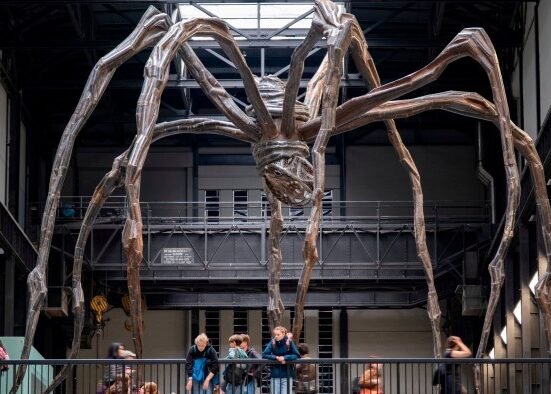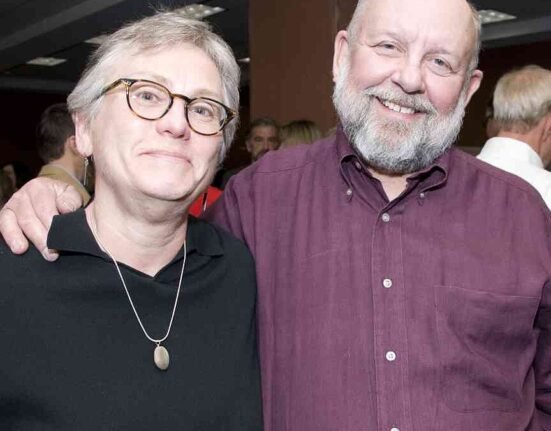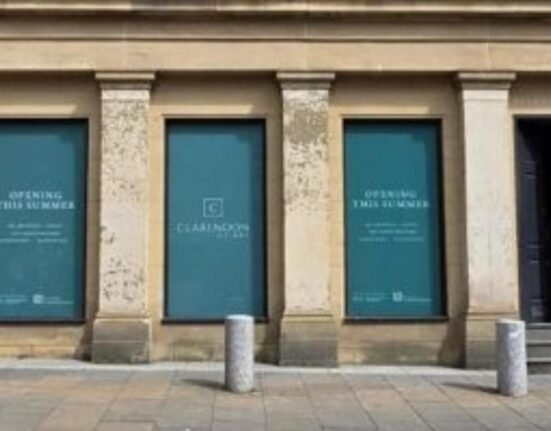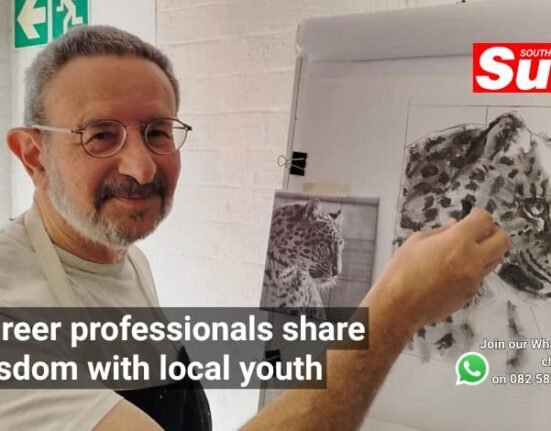UCLA Library’s Modern Endangered Archives Program announced that they will be giving 26 new grants worth $1.47 million to expand digitization of endangered artworks.
MEAP focuses on post-custodial collecting, a process by which UCLA manages the digital materials of physical artifacts while their original owners maintain ownership, said MEAP Director Rachel Deblinger. She added that this allows the communities to continue to have access to and stewardship over their materials, but also gives UCLA the ability to provide a digitized, accessible version of the materials.
Digitization allows communities to access their materials even if they are geographically distanced – and allows scholars to continue to study and research different cultures and materials wherever they are based, Deblinger said. The digitization effort also allows communities to engage their youth in learning about past generations and understanding group identity, she said.
Digitization also provides hands-on learning opportunities for UCLA students and others across the globe, Deblinger added.
“Providing digital access to these cultural heritage materials also encourages researchers to think beyond the national archives and beyond the national discourse, and really provides them with an opportunity to ask new kinds of questions about histories and experiences that maybe have already been studied, but these materials haven’t been part of that conversation,” Deblinger said.
Glenn Wharton, an art history professor at UCLA, said fine art goes hand in hand with cultural heritage, and understanding the art and culture of a community helps understand group identity. He added that the collaboration between archivists and communities shows that original artwork is important because indigenous communities were previously unable to provide input on how their own art was preserved.
“For fine art, the creative activity of people from the past informs us,” Wharton said. “It provides us with aesthetic experiences, but I think even deeper, it’s just good for the soul.”
Geoffrey Robinson, a professor emeritus of history at UCLA and former MEAP board member, said the board incorporated community engagement into the decisions of which projects to fund.
Since the program’s founding in 2018, over $5 million in grants have been awarded to fund 139 projects, according to the UCLA Library website.
Deblinger also said digitization provides an exciting opportunity for students to engage with original materials and understand how archives are created.
The program receives applications from politically unstable regions, where governments may cease funding of these cultural heritage projects, she said. MEAP recently worked with Kabul University in Afghanistan as the Taliban reclaimed power in 2021, she said.
While Deblinger said she was initially not sure if MEAP would be able to finish their projects – as women are forbidden to work under Taliban rule – but through the program’s strong requests the women returned to work from home and the project published 5,000 images of Afghanistan.
The photographs – taken by scholars Dr. Louis and Nancy Dupree – span from 1947 to 1991 and depict Kabul architecture, Afghan culture, different archaeological materials and art from the Kabul Museum, according to the digital library.
“As we continue to publish more collections, and continue to grow a network of people invested in this kind of work, I think we’ll have a lot more opportunity to think about the ways that communities can find their own histories and then connect with each other,” Deblinger said.







